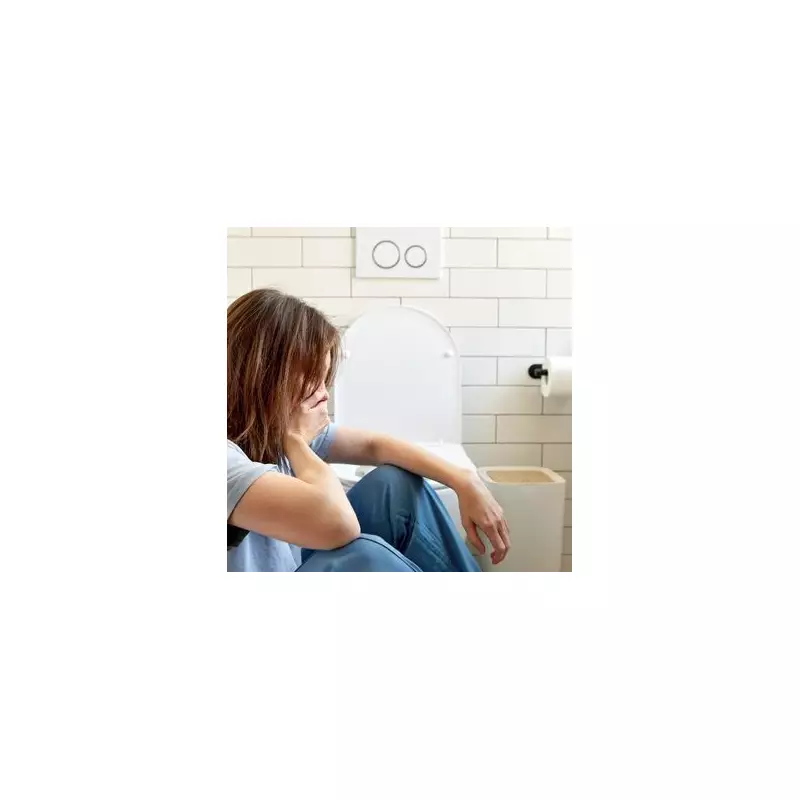
An experienced NHS GP has issued a vital piece of advice that could revolutionise how patients approach their medical appointments, saving precious time for both the public and the healthcare system.
Dr. Rachel Ward, a GP from Oxfordshire, emphasises that many consultations are hampered by a common issue: patients arriving unprepared. She argues that a simple, proactive step can dramatically improve the quality and efficiency of a doctor's visit.
The Golden Rule for a Successful GP Visit
According to Dr. Ward, the single most important thing a patient can do is to write down their concerns and key symptoms before they arrive. This simple act of preparation helps to clarify thoughts, ensures no crucial details are forgotten in the moment, and allows the GP to get straight to the heart of the matter.
"In the pressure of a 10-minute appointment, it's easy for patients to become flustered and forget why they came," explains Dr. Ward. "Having a brief list not only helps you but also enables me to use the time much more effectively."
Why This Simple Habit is a Game-Changer
This approach offers significant benefits for the overstretched NHS and patients alike:
- Maximises Consultation Time: Instead of spending minutes recalling symptoms, the discussion can focus immediately on diagnosis and treatment options.
- Reduces Anxiety: Patients who feel prepared often experience less stress, leading to clearer communication.
- Improves Accuracy: A written record helps prevent misunderstandings and ensures all health issues are addressed.
- Supports Better Outcomes: When GPs have a clear, concise history, they can make more informed clinical decisions.
What to Include in Your Pre-Appointment Notes
Dr. Ward suggests keeping notes brief and focused. The most helpful information includes:
- The main reason for your visit (the primary symptom).
- When the problem started.
- How the symptom feels and its severity.
- Any factors that make it better or worse.
- A list of current medications.
This advice comes at a critical time for the NHS, as GP practices continue to face immense pressure with high demand and complex patient needs. By adopting this simple habit, the public can play an active role in making the healthcare system work more efficiently for everyone.





